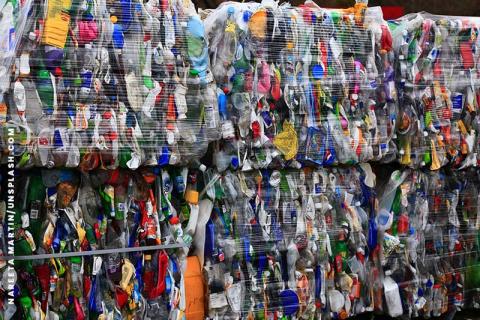Limiting POPs Key in Stopping Flow of Chemicals in Waste

Patricia Kombo, from IPEN's participating organization in Kenya, the Centre for Environmental Justice And Development (CEJAD), wrote an editorial for the Nairobi Standard about the ongoing chemical convention talks in Geneva. She notes a key question at the talks "should be on limiting the use of persistent organic pollutants (POPs) in waste to protect human health and the environment."
POPs are the most toxic and persistent chemicals, such as dioxins, polychlorinated biphenyls (PCBs) and some brominated flame retardants. Growing evidence indicates that much POPS-contaminated plastic waste ends up being recycled. A lab analysis for the world’s worst toxic chemicals reveals high levels of POPs such as dioxin in African communities where plastic waste is dumped. Africa is disproportionately impacted by exposure to plastic’s toxic chemicals and waste, which at the end contaminate the food chain, soil and communities. As Patricia concludes,
"The ongoing Geneva conference must demand for stricter low POPs content levels applied in waste to stop the flow of toxins in new recycled products and stop illegal imports of POPs waste into Africa. According to Griffins Ochieng, the Executive Director at CEJAD, "there is a need for the POPs treaty to stop recycling exemptions and establish strict hazardous waste limits to discontinue use and global distribution of POPs, especially in developing countries, in the name of reuse."
Read the full story at https://www.standardmedia.co.ke/opinion/article/2001447482/countries-must-demand-waste-limit-for-persistent-organic-pollutants
